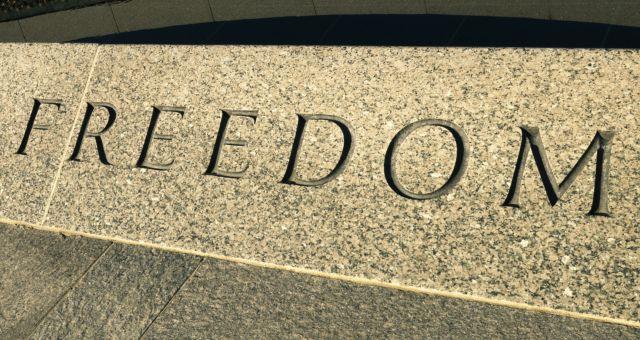
June and July hold annual reminders of the history of independence and freedom in the United States. See our staff recommendations that will give you a variety of perspectives on pivotal events that have shaped our views.
Important Milestones
July 4, 1776
Independence Day
Independence Day commemorates the anniversary of the signing of the Declaration of Independence in 1776. The declaration announced the separation of the 13 colonies from Great Britain. The declaration says, “We hold these truths to be self-evident, that all men are created equal, that they are endowed by their Creator with certain unalienable Rights, that among these are Life, Liberty and the pursuit of Happiness.”
January 1, 1863
Emancipation Proclamation
But for America’s Black population, these words did not apply. They remained enslaved for nearly 100 more years until US President Abraham Lincoln declared in the Emancipation Proclamation on January 1, 1863 that “All persons held as slaves within any States, or designated part of the State, the people whereof shall be in rebellion against the United States, shall be then, thenceforward, and forever free.“
June 19, 1865
Juneteenth
It took more than two years for this news of independence and freedom to travel throughout the country. On June 19, 1865 Union General Gordon Granger arrived in Galveston, Texas and declared “The people of Texas are informed that, in accordance with a proclamation from the Executive of the United States, all slaves are free.” Juneteenth reminds us that the process of ending slavery, of extending independence and freedom to everyone, was not a single moment in time, but multiple moments.
In his “I have a dream” speech in 1963, Martin Luther King, Jr. referenced this ongoing fight for freedom “I have a dream that one day this nation will rise up, live out the true meaning of its creed: We hold these truths to be self-evident, that all men are created equal.”
July 2, 1964
Civil Rights Act
It took another 100 years for President Lyndon B. Johnson to sign the Civil Rights Act in 1964 outlawing racial discrimination in the United States. The process continues to this day.
President Joe Biden declared Juneteenth a federal holiday on June 17, 2021. “By making Juneteenth a federal holiday, all Americans can feel the power of this day, and learn from our history, and celebrate progress, and grapple with the distance we’ve come but the distance we have to travel.” He continue “After all, the emancipation of enslaved Black Americans didn’t mark the end of America’s work to deliver on the promise of equality; it only marked the beginning. To honor the true meaning of Juneteenth, we have to continue toward that promise because we’ve not gotten there yet.“
See more library resources at:
- Frederick Douglass on Freedom
- Martin Luther King Jr. In His Own Words
- Book List: Founding Documents Resources
These resources offer valuable perspectives on the historical impact of the Founding Documents on Black Americans.
Slave Narratives: The Stories that Abolished Slavery
Today slave narratives are seen as first person stories about one of the darkest times in United States history, but when slave narratives were being published in the 1800s they were a powerful tool used in the fight for their own freedom. Through their stories they were able to contradict the slaveholders’ favorable claims concerning slavery. Through these narratives they could tell the horrors of family separation, the sexual abuse of black women, and the inhuman workload. The narratives helped show the humanity of the most dehumanized people in the country.
Picture Book Stars to Celebrate Independence & Freedom
Learn about the 4th of July, Juneteenth, the Emancipation Proclamation, the Thirteenth Amendment, and more! Read stories about family and neighborhood traditions all over the country from parades to fireworks to noodles to pie. #indyplkids